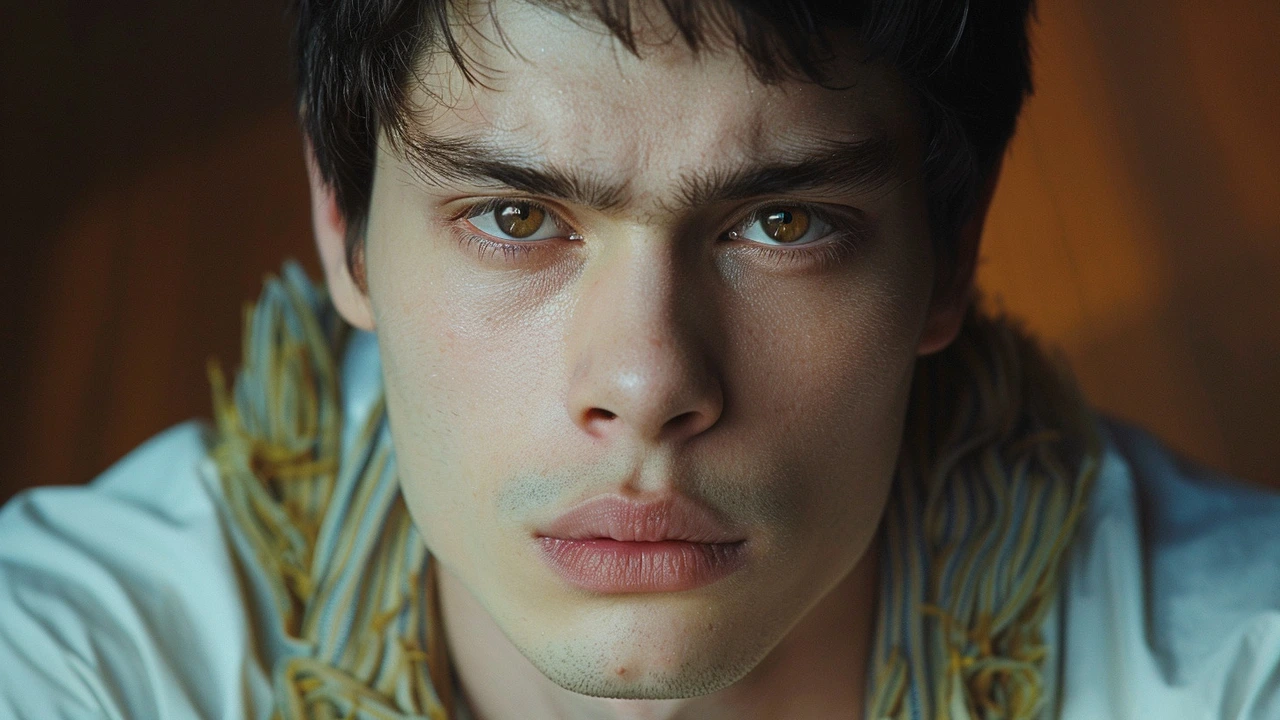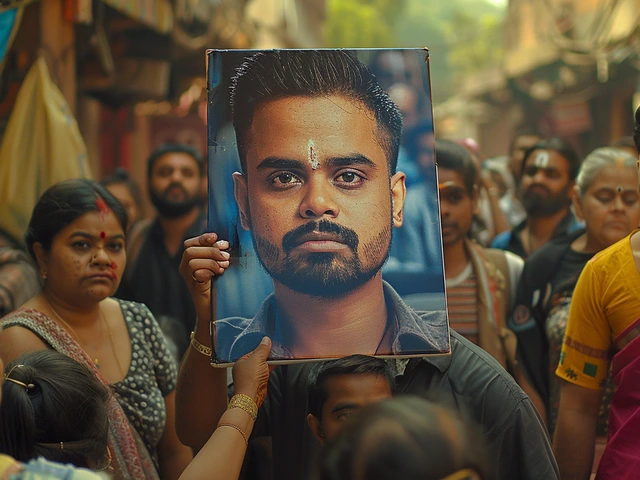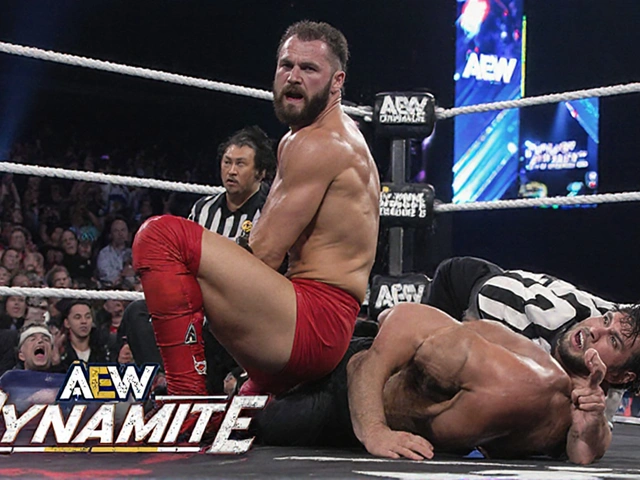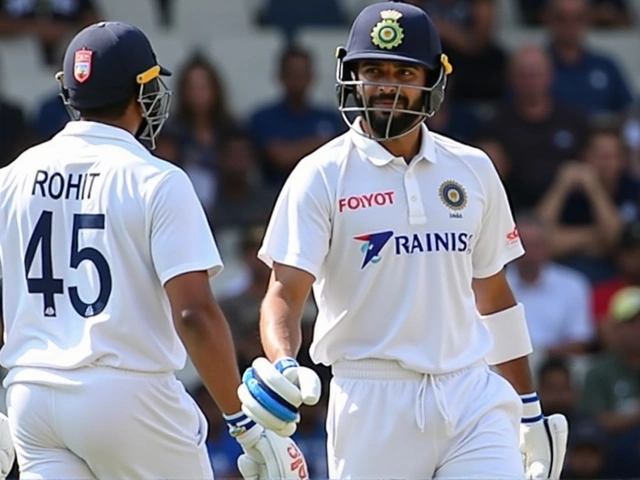Nicholas Galitzine's Reflection on Playing Queer Characters
Amidst the evolving landscape of Hollywood, where diversity and representation have become crucial benchmarks of success, conversations about who gets to portray these diverse characters are increasingly prevalent. Nicholas Galitzine, a straight actor known for his roles in several high-profile projects, recently opened a dialogue about his experiences and reservations playing queer characters. This discussion sheds light on a broader debate involving representation in the media and the responsibilities of actors within that space.
Galitzine's prominent roles in LGBTQ+-themed films and series have not gone unnoticed. His performances in Netflix's 'Red, White & Royal Blue' and the drama miniseries 'Mary & George' were met with critical acclaim, showcasing his versatility and depth as an actor. Yet, despite the accolades, Galitzine expressed feelings of guilt and concern in a recent interview with GQ. The actor shared that he often questions whether by accepting these roles, he might be occupying space that could perhaps be better filled by someone from the queer community themselves.
"It's a complex issue," Galitzine noted, "On one hand, I'm deeply honored to play these roles and bring attention to stories that might otherwise go untold. On the other hand, I'm conscious of the fact that being straight, might I be taking an opportunity from an equally talented queer actor?" This candor from Galitzine highlights an ongoing industry-wide conversation about the intersection of performance art and authentic representation. While some argue that acting is inherently about portraying experiences different from one's own, others advocate for casting that aligns more closely with the lived experiences of the characters portrayed.
The Importance of Representation in Media
Galitzine also touched upon the broader implications of his roles within the spectrum of LGBTQ+ narratives. "These stories are important—they offer visibility and foster understanding across different spectrums of society," he explained. The progress in LGBTQ+ representation in Hollywood over recent years has been significant, but many, including Galitzine, agree that there is still much work to be done.
"We need more queer stories, more narratives that explore the intricacies of their experiences in a world that often marginalizes them," he said. The actor's commitment to storytelling that fosters empathy and understanding is evident, even as he grapples with his role within that process. Beyond LGBTQ+ narratives, Galitzine emphasized the necessity for more female-led stories in the industry, highlighting a broader issue of diversity and inclusion in Hollywood.
Despite his reservations, Galitzine's participation in these projects brings undeniable attention to queer stories. His influence extends beyond the screen, as he often engages in discussions and activities that support the LGBTQ+ community. Fans and critics alike have praised him for his deliberate approach to these roles, emphasizing that his performances contribute positively to the cultural dialogue about diversity and inclusion.
Facing Criticism and Moving Forward
While Galitzine's reflection sparks important discussions, it also invites criticism from different quarters of the industry. Some activists and critics argue that no matter how empathetic or well-intentioned, straight actors portraying queer roles might always be a contentious issue. They suggest that the industry should prioritize queer actors for such roles to ensure authentic representation on screen.
However, as Hollywood continues to evolve, the lines between representation, performance, and storytelling are constantly being negotiated. Nicholas Galitzine's candidness in expressing his concerns and hopes offers a valuable perspective into this dynamic debate. As he navigates his career, it is clear that his commitment to contributing meaningfully to cinema, by telling diverse and impactful stories, remains unwavering.
Therefore, while his guilt may reflect personal conflict, it also represents a larger, ongoing discussion in Hollywood about representation, diversity, and the future of storytelling. The actor's journey is a testament to the complexities of cultural production in a world that is rapidly changing, yet still holds onto certain traditional views that are now being challenged by new generations of viewers and creators alike.







Megan Riley
May 9, 2024 AT 19:26 PMWow, this is such an important conversation!!! I totally get why Nicholas feels conflicted, and it's amazing he’s speaking up about it!!! It shows real courage and a willingness to listen, even when it’s uncomfortable!!! Keep supporting queer storytellers, and remember that allyship is about amplifying voices, not silencing them!!!
Lester Focke
May 9, 2024 AT 21:06 PMWhile the discourse surrounding casting practices certainly warrants nuanced analysis, it would be remiss to overlook the intrinsic nature of acting as an art form predicated upon the embodiment of experiences beyond one's own. The privileging of authenticity, albeit commendable, must be balanced against the meritocratic pursuit of excellence in performance. Moreover, the industry’s inclination toward inclusive representation, though progressive, should not inadvertently marginalize the craft’s foundational tenets.
Naveen Kumar Lokanatha
May 9, 2024 AT 22:46 PMIt is essential to recognize that representation goes both ways; platforms must indeed open doors for queer talent while also encouraging empathetic portrayals by allies. By fostering collaborative environments, we create space for authentic voices without sacrificing artistic integrity. In that spirit, Nicholas' self‑reflection can serve as a catalyst for broader industry change.
Alastair Moreton
May 10, 2024 AT 00:26 AMThis whole debate is just an ego trip.
Surya Shrestha
May 10, 2024 AT 02:06 AMIndeed, the discourse surrounding authentic representation must be approached with a critical eye; the privileging of lived experience, while laudable, can often eclipse the very craft that acting aspires to be. One might argue that a balance is requisite, a synthesis wherein talent and authenticity coalesce rather than compete; otherwise, we risk reducing the art to mere tokenism.
Rahul kumar
May 10, 2024 AT 03:46 AMFrom a practical standpoint, casting directors should broaden their talent pool to include queer actors whenever possible, as it offers genuine insight and lived experience-definately something that enriches storytelling. At the same time, the skillset of an actor can bring depth to any role, provided they approach it with respect and dedication.
mary oconnell
May 10, 2024 AT 05:26 AMSure, because nothing screams "authenticity" like a straight guy with a PhD in queer theory-talk about performative allyship! The industry loves to market diversity while the actual power dynamics stay the same, huh?
Michael Laffitte
May 10, 2024 AT 07:06 AMHonestly, it's a huge win when big productions finally start to reflect the world we live in. The more diverse stories we get, the richer our cultural tapestry becomes, and that’s something worth celebrating.
sahil jain
May 10, 2024 AT 08:46 AMExactly! 🎬 The more we see inclusive narratives, the more audiences feel seen and heard. It's a win‑win for everyone.
Bruce Moncrieff
May 10, 2024 AT 10:26 AMGlad you all see the upside, but we gotta ask if we’re just checking boxes. Real progress needs more than surface level representation.
Dee Boyd
May 10, 2024 AT 12:06 PMOne cannot merely slap a rainbow flag on a project and claim moral superiority; it is a shallow gesture that fails to address systemic inequities embedded within casting hierarchies.
Carol Wild
May 10, 2024 AT 13:46 PMIt is a well‑documented fact, often overlooked by the casual observer, that the cinematic landscape has historically been dominated by a narrow demographic, leading to a perpetuation of narratives that seldom reflect the kaleidoscopic reality of our societies; consequently, the emergence of discussions such as the one concerning Nicholas Galitzine’s involvement in queer cinema is not merely a passing trend but a manifestation of an underlying, systemic demand for equitable representation, which, if unaddressed, could exacerbate existing disparities and further alienate marginalized communities, thereby fostering an environment wherein the very concept of authenticity becomes compromised; moreover, the notion that a straight actor can fully encapsulate the lived experiences of queer individuals without inadvertently imposing external interpretations is fraught with complexities that extend beyond the scope of mere performance, touching upon ethical considerations that demand rigorous scrutiny, and while some may argue that the craft of acting inherently involves assuming identities disparate from one's own, they often neglect the power dynamics at play, wherein the allocation of roles can either empower or disenfranchise, depending on the prevailing industry practices; it is also imperative to recognize that the commercial viability of queer stories is frequently tethered to the involvement of recognizable, heteronormative talent, a reality that underscores the paradoxical nature of progress within the entertainment sector, wherein visibility is inextricably linked to marketability; thus, when an actor such as Galitzine publicly expresses remorse or hesitation, it surfaces a broader conversation regarding the responsibility of artists to not only portray but also to advocate for authentic representation, a responsibility that should be coupled with tangible actions such as championing queer actors for lead roles and ensuring that storytelling remains rooted in genuine lived experiences rather than superficial approximations, lest we fall into the trap of performative allyship that satisfies the optics without delivering substantive change; in light of these considerations, it becomes evident that the discourse surrounding casting choices is multifaceted, intertwining artistic freedom with sociopolitical accountability, and it is incumbent upon both industry stakeholders and audiences alike to engage with these dialogues critically, fostering an environment where inclusivity is not merely a buzzword but a foundational principle that informs every aspect of cinematic creation.
Rahul Sharma
May 10, 2024 AT 15:26 PMIndeed, the layers you have unpacked reveal crucial tensions-while the pursuit of artistic freedom is undeniable, we must also confront the entrenched power structures that shape casting decisions, ensuring that equity, not just visibility, remains central to the conversation.
Emily Kadanec
May 10, 2024 AT 17:06 PMHonestly, the whole thing is just another buzzword‑filled PR stunt-no one’s actually changing anything.
william wijaya
May 10, 2024 AT 18:46 PMI hear the frustration, but there are genuine efforts underway; many indie productions are already prioritizing queer talent, and those successes can ripple into mainstream avenues.
Lemuel Belleza
May 10, 2024 AT 20:26 PMThe industry keeps talking about progress, yet the outcomes remain disappointingly stagnant.
faye ambit
May 10, 2024 AT 22:06 PMWhile it's easy to become cynical, we should acknowledge incremental steps forward and encourage continued dialogue without resorting to defeatism.
Subhash Choudhary
May 10, 2024 AT 23:46 PMAt the end of the day, it’s about telling real stories-let’s keep pushing for that.